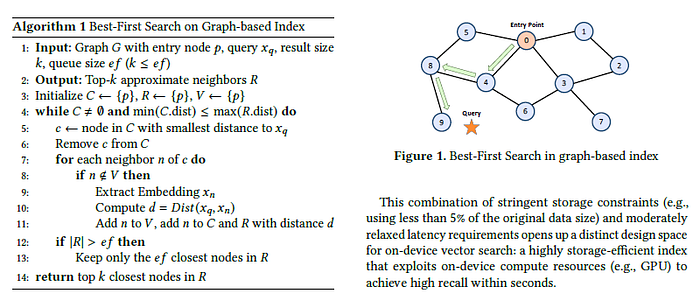Introduction to AI Security Risks
Independent AI researcher Simon Willison recently reviewed a new feature from Anthropic, a company that develops AI models, including Claude, an AI chatbot. The feature allows Claude to create files based on user input, which has raised concerns about potential security risks. Willison noted that Anthropic’s advice to users to "monitor Claude while using the feature" is not enough, as it shifts the responsibility of security to the users.
Anthropic’s Mitigations
Anthropic has implemented several security measures to mitigate the risks associated with the file creation feature. For Pro and Max users, the company has disabled public sharing of conversations that use the feature. For Enterprise users, Anthropic has implemented sandbox isolation, which ensures that environments are not shared between users. The company has also limited task duration and container runtime to prevent malicious activity. Additionally, Anthropic provides an allowlist of domains that Claude can access, including api.anthropic.com, github.com, registry.npmjs.org, and pypi.org.
Understanding the Risks
Despite Anthropic’s security measures, Willison remains cautious about using the feature, especially with sensitive data. He plans to be careful when using the feature to avoid any potential data leaks. This concern is not new, as Willison has previously documented similar potential prompt injection vulnerabilities with Anthropic’s Claude for Chrome. The issue raises questions about the balance between innovation and security in the development of AI models.
The Bigger Picture
The decision to ship the feature with documented vulnerabilities suggests that competitive pressure may be overriding security considerations in the AI industry. This "ship first, secure it later" approach has frustrated some AI experts, including Willison, who has extensively documented prompt injection vulnerabilities. He has described the current state of AI security as "horrifying" and notes that these vulnerabilities remain widespread almost three years after they were first identified.
Conclusion
The development of AI models like Claude raises important questions about security and responsibility. While Anthropic has implemented some security measures, the company’s decision to ship the feature with documented vulnerabilities highlights the need for a more robust approach to security. As AI continues to evolve, it is essential to prioritize security and ensure that these models are developed with safety and responsibility in mind.
FAQs
- What is the file creation feature in Claude, and what are the potential security risks?
The file creation feature allows Claude to create files based on user input, which raises concerns about potential data leaks and malicious activity. - What security measures has Anthropic implemented to mitigate the risks?
Anthropic has disabled public sharing of conversations, implemented sandbox isolation, limited task duration and container runtime, and provided an allowlist of domains that Claude can access. - Why is Simon Willison cautious about using the feature?
Willison is cautious about using the feature because of the potential risks of data leaks and malicious activity, and he plans to be careful when using it with sensitive data. - What does the issue say about the balance between innovation and security in the AI industry?
The issue suggests that competitive pressure may be overriding security considerations in the AI industry, highlighting the need for a more robust approach to security.











